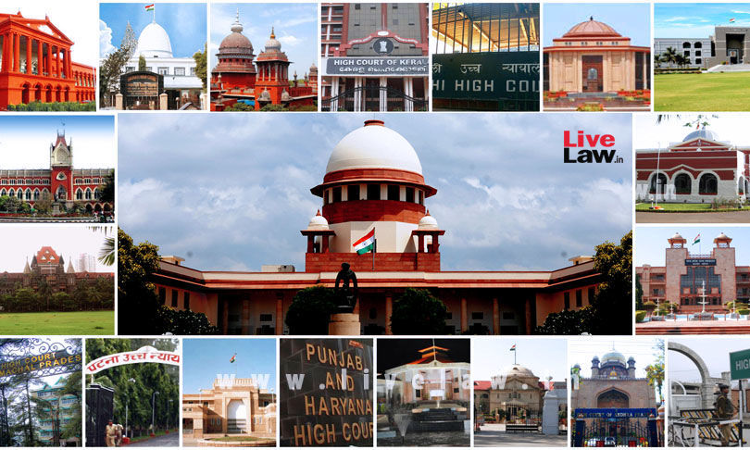Desirable That FIRs In Corruption Cases Aren't Quashed At Investigation Stage : Supreme Court To High Courts
Rintu Mariam Biju
2 March 2023 4:23 PM IST

Next Story
2 March 2023 4:23 PM IST
In a notable judgment, the Supreme Court has opined that it is desirable that the High Courts do not quash corruption case FIRs at investigation stage, even if it is suspected that the case has been registered by a new government against officers of the previous government.A Bench of Justices S Ravindra Bhat and Dipankar Datta observed that if the accused are allowed to go scot-free only on...
